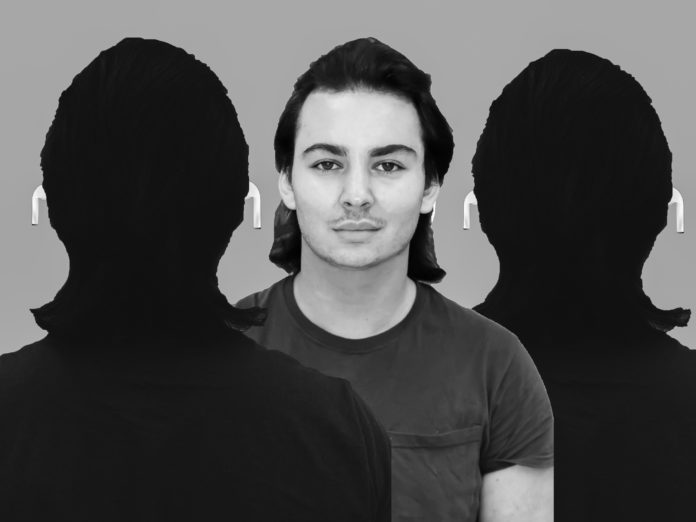By Igor Stepczynski | Broadcast Reporter
The soundtrack of life has been replaced by a user’s own programmable playlists: in the car, in the shower, in the gym, or on the walk to class. We listen to music 24/7, and boy does it feel great with a group of friends. However, is it possible that we are turning a deaf ear to our overstimulated psyche?
Ever since I was a little child, listening to my music was an integral part of my life. I remember coming home from elementary school, putting a Madonna or Kylie Minogue CD into my boom box and rocking out like I was performing a sold-out show in Madison Square Garden. But ever since my godfather bought me the first iPod nano as a gift for my first communion, my relationship to music changed forever.
Our generation has experienced a shift from individually-purchased music to unlimited online streaming. The innovation of portable music streaming has allowed us to escape reality in a single touch, but this innovation also summons ruminating anxieties, depressive symptoms, isolation and antisocial tendencies. We see it all the time: students walking to their class with their head down and headphones in. This isn’t always a bad thing, as music can serve as an enhancer to the experience of life. However, studies have shown that too much music can actually torment your mental health.
Dr. Brian Primack, an assistant professor of medicine and pediatrics at the University of Pittsburgh School of Medicine, studied teenagers’ exposure to music and their mental health risks. He surveyed 106 participants, 46 of which were previously diagnosed with depression. Researchers checked up on these participants on the phone in real time to determine what media they were consuming, whether it be TV, books, or music, and analyzed their level of consumption. The results were shocking.
With each level increase of music consumption, participants were at an 80% higher risk of depression. But with each level increase in consumption of printed media, such as books, their risks of depression dropped by 50%. What’s the difference between listening to music and reading books? Audiological selective attention to surrounding environments.
Anxiolytics are an intervention or substance that inhibits the onset of anxiety. College students turn to music as an anxiolytic, but yet their anxiousness is not appeased in the least. Could it be possible that those AirPods are making college students more isolated and anxious?
Last week I pledged myself to limit my music consumption strictly to social gatherings, exercise, showering and white noise for studying. I walked to all my classes without my AirPods and drove around in my car without listening to the radio. It was a bit of an odd transition, but the differences I felt were priceless.
I found my mind function more sharp but at a calmer state. I found myself getting to class without sweat beads down my forehead and my heart rate jumping. I felt myself naturally focusing on my daily tasks. I found my creativity processing raw inspiration from just the simple world around me. I found myself listening to the sounds of campus and observing life around me. I realized how many people I know that I actually run into daily. But most importantly, I felt happier and my thoughts of loneliness were subsided with a grounded sense of reality.
I dare my readers to try this out with me: walk around to your classes and meetings without your headphones and listen to the world around you. Hear the leaves crunch, hear the Fountain Mall gushing with power. Hear the voices of your Baylor Bears. I promise you will begin to run into people you love and find unsurpassable joy in the most minute interactions among people.
I understand this column has been saturated with scientific stats. So in conclusion, I’d like to end with some quotes from some holy speakers and holy books, in hopes spirituality will also motivate you to tune into your life.
“Silence isn’t empty, it is full of answers.” Buddhist Proverb
“He who keeps silent saves himself.” The Prophet Mohammad
“Study to be quiet, and to do your business, and to work with your hands, as we commanded you.” 1 Thessalonians 4:11
Igor is a senior integrated studies major from Fort Worth.






